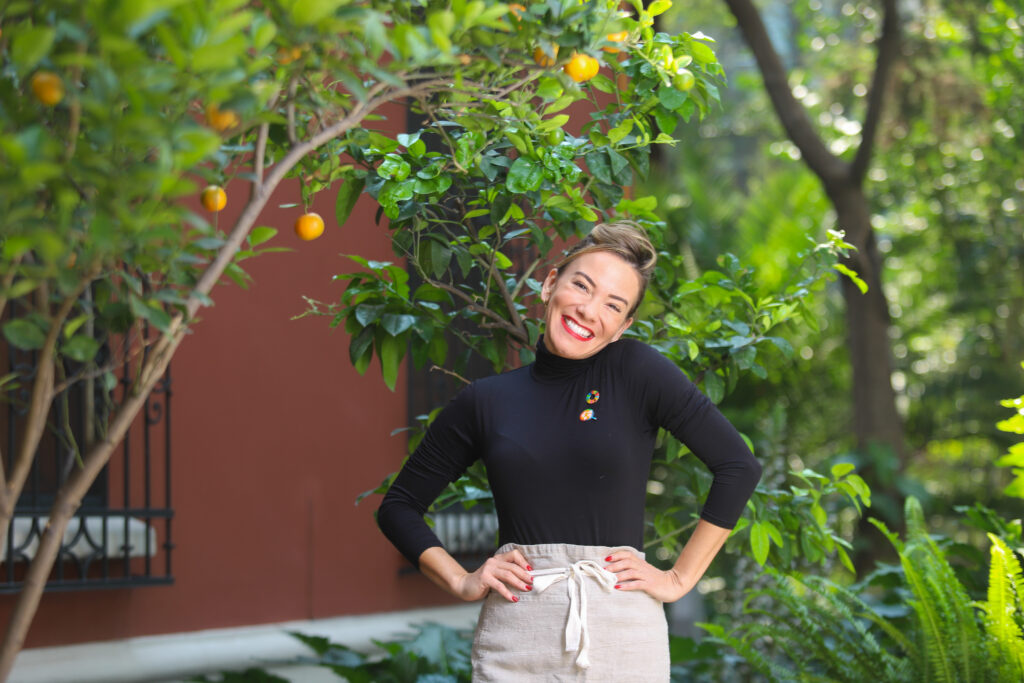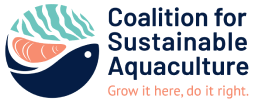The Coalition for Sustainable Aquaculture is proud to uplift the voices of our members. In this series, we will interview the chefs who are members of CSA. We’ll learn what inspires them, what aquaculture means to the food they create, and why they advocate for sustainable aquaculture.
Let’s hear from Chef Grace Ramirez. In addition to being a renowned chef, Grace is a dedicated humanitarian, media personality, entrepreneur, and activist committed to making the world a better place through food. Let’s hear from her.

What does sustainable seafood mean to you personally, culturally, and community-wide? Do you have a personal story to share about why sustainable aquaculture is important to you?
Personally, sustainable seafood represents responsible choices that ensure future generations can enjoy seafood as much as we do today. Growing up in Venezuela, I enjoyed fresh, fried fish and learned to appreciate seafood from my Peruvian father, who introduced me to various creative and delicious dishes like ceviche. This cultural influence made me fall in love with the vibrant and innovative approach to seafood, especially in Latin American cuisine, where healthy oceans are essential for our culinary traditions.
Community-wide, sustainable seafood is crucial for preserving coastal economies and ensuring food security. During my time in New Zealand, I witnessed firsthand the importance of sustainable fishing practices and their impact on local communities and ecosystems. This experience fuels my commitment to advocating for sustainable aquaculture, honoring our culinary heritage, and making these delicious, healthy recipes accessible to everyone.
What would you like decision-makers to know about sustainable aquaculture?
Decision-makers should understand that supporting sustainable aquaculture isn’t just about environmental stewardship—it’s about safeguarding livelihoods, preserving cultural food traditions, and ensuring food security. [We should back legislation that] promotes practices that protect marine ecosystems, support coastal economies, and foster resilience in the face of climate change. [In doing so], decision-makers can contribute to a future where seafood remains abundant and accessible for generations to come.
You participated in the CSA fly-in to DC, where you lobbied on Capitol Hill in support of sustainable seafood. What was your biggest takeaway or proudest moment?
Participating in the CSA fly-in was a significant moment for me. It allowed me to directly engage with lawmakers and highlight the importance of sustainable aquaculture from both environmental and community perspectives. My proudest moment was realizing that our voices as advocates can influence policy decisions that impact not only the health of our oceans but also the livelihoods of those who depend on them. It reinforced my belief in the power of advocacy to drive positive change for our planet and coastal communities.
